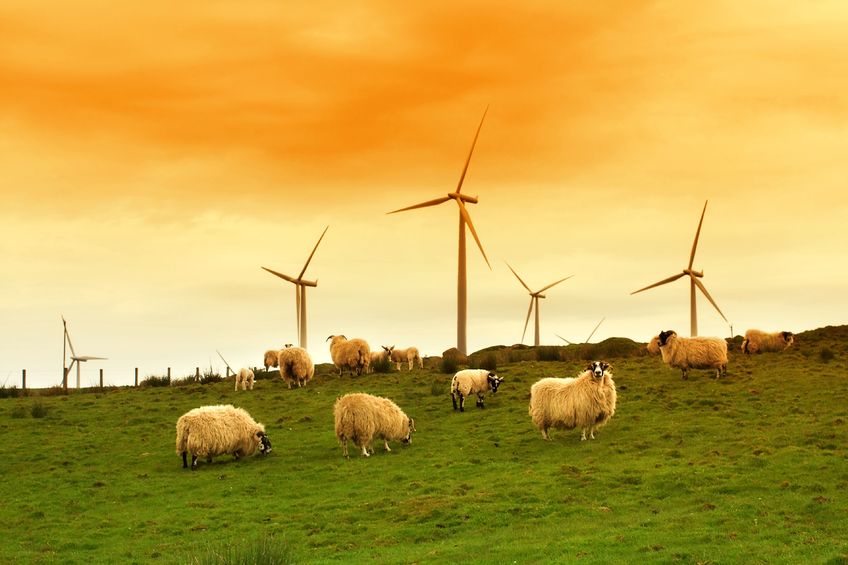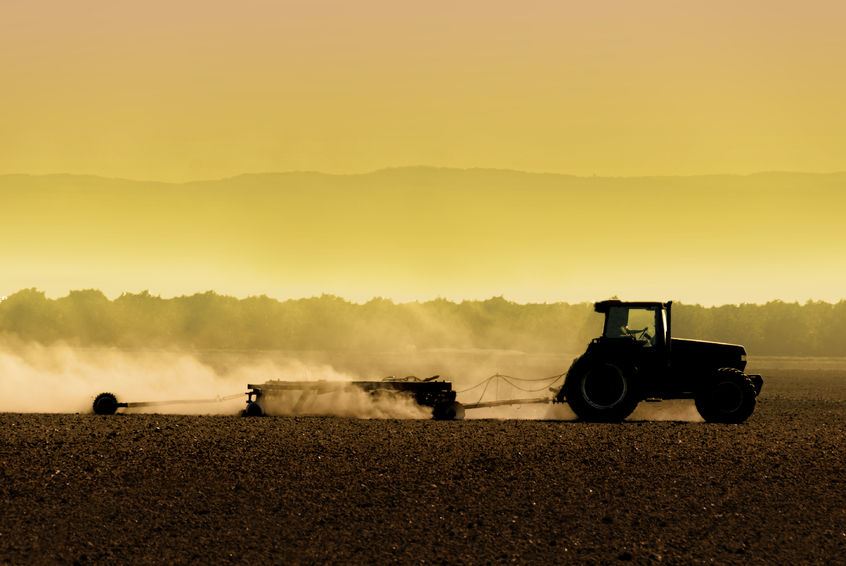
Northern Ireland's agricultural sector has welcomed an implementation plan to reduce emissions within it.
Increasing on-farm efficiency offers farmers an opportunity to increase their productivity, while further reducing the carbon intensity of local food production, NI's agricultural minister Michelle McIlveen said.
Miss McIlveen was speaking following publication of the ‘Efficient Farming Cuts Greenhouse Gases Implementation Plan 2016-2020’.
Minister McIlveen said NI's vision for the agriculture industry is one of a "profitable, efficient and sustainable sector.
"The Agri-Food Strategy Board’s ‘Going for Growth’ report underpins this vision and tackling emissions from agriculture is fundamental to achieving sustainable growth," Miss McIlveen said.
"I commend the work of the Agri-Forestry Greenhouse Gas Implementation Partnership (GHGIP) and the ongoing efforts of the agri-food industry to reduce its carbon footprint.

"Reducing emissions from agriculture remains a complex undertaking and runs parallel to an increased global demand for food and agricultural products.
"As Minister of Agriculture, Environment and Rural Affairs I believe we can effectively address these challenges and that environmental protection and economic competitiveness must go hand-in-hand.
"The GHGIP’s ‘Efficient Farming’ plan sets out a pathway for the agriculture sector, with support from my Department, to achieve its sustainable growth ambitions, while delivering better environmental outcomes.
"It is also welcome news that the efficiency measures recommended by the GHGIP can not only have a beneficial impact on GHG emissions, but also farm profits.
"I would urge all farmers to consider the opportunities they have to implement these on-farm efficiency measures and to avail of the financial and advisory support available from my Department," Miss McIlveen added.
'Farmers have demonstrated their commitment'
The Ulster Farmers Union has said this is the second phase of a voluntary industry-led greenhouse gas initiative and it "builds on the success" of phase one.
"Through the initiative farmers have demonstrated their commitment to reducing greenhouse gas emissions by improving efficiencies while still remaining competitive," UFU President Barclay Bell said.
"Already we are seeing results and farmers should be commended for their ongoing efforts.
"This is a complex issue but one that farmers recognise is important.
"The plans to grow our industry have been developed to be both sustainable and positive in terms of their environmental impact.
"This joint plan proves that we can address climate issues by working together, offering education, advice and guidance rather than heavy-handed legislation and penalties," Mr Bell concluded.
